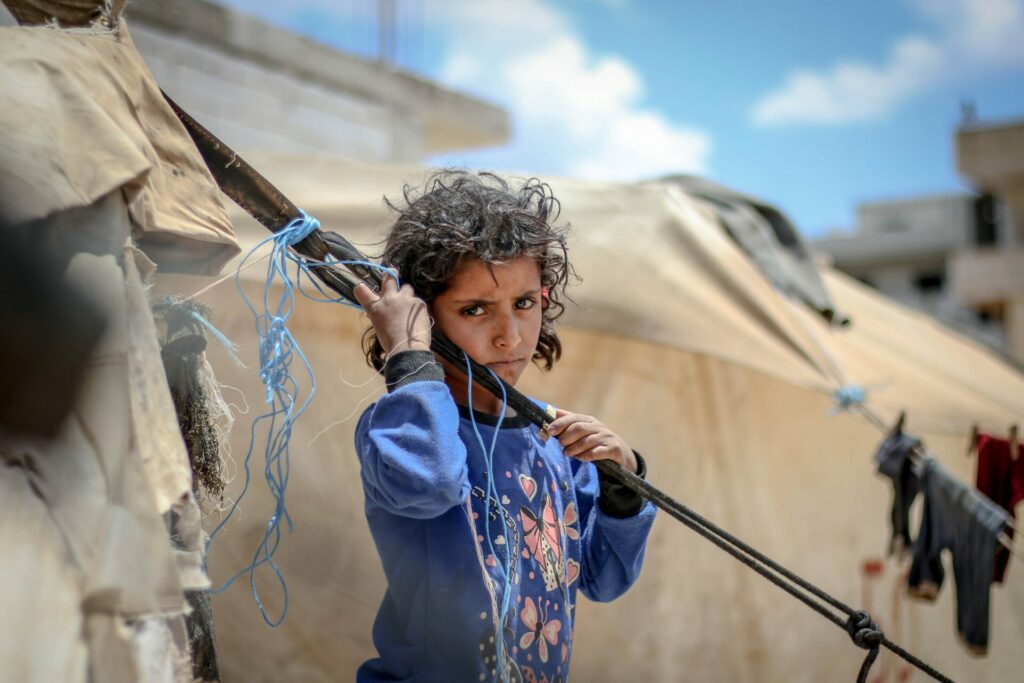Collective asylum reception in Belgium is poorly suited to cater to the needs of children and families, research by the Knowledge Centre for Family Sciences shows.
Children, both with family members or unaccompanied minors, make up nearly one-third of all residents in reception centres. At the beginning of 2022, there were more than 8,000 children in collective reception centres Belgium in, Bruzz reports.
To work on a coordinated vision for these children and families, Fedasil (the Federal Agency for the reception of asylum seekers) commissioned a study. After two years of research by the Knowledge Center for Family Sciences, the investigation will be presented to State Secretary for Asylum and Migration Sammy Mahdi.
The authors carried out research in nine reception centres across Belgium, interviewing 149 people including parents, children, reception staff and experts. “We see good practices, but also a lot of room for improvement,” they concluded.
Let kids be kids
Belgium's asylum policy requires urgent attention to improve the child-friendliness of reception centres. This is both to guarantee international children's rights and to give children as many opportunities as possible.
“The majority of the children interviewed indicated that they had indirectly or directly experienced forms of violence in the centres, ranging from bullying and fights to sexually abusive behaviour towards minors," said researcher Katja Fournier.
The researchers see another challenge in improving the infrastructure of the collective reception centres; none of the over 80 reception centres in Belgium has ever been designed with children’s well-being in mind.
Related News
- IRC: '100 million displaced represent 100 million reasons for change'
- Belgian Migration Minister calls for 'tent camps' to solve asylum crisis
- Refugee resettlement: Major NGOs urge greater efforts
Often, centres are former army barracks, hospitals, holiday camps, monasteries or office buildings. “Families have one room. In a limited number of centres parents can cook for their children themselves but in many places this is not possible. Separate sanitary facilities for children are often lacking.”
Parenting role
Parents in centres find their parenting role also being challenged. “In shelters, parents have little decision-making power: in most cases, they cannot decide for themselves what or when the family eats, what their room looks like or when to shower,” the study writs. This leads to tension between parents and staff about the exercise of parental responsibilities and supervision of children.
Furthermore, child-friendly asylum centres would improve the quality of life for all residents. “With the child vision that we have developed together, we propose positive measures, both in terms of support for families and in terms of safety and infrastructure.”
“That now requires far-reaching policy choices. The results of this study provide the State Secretary and the reception partners with practical tools to get started.”

